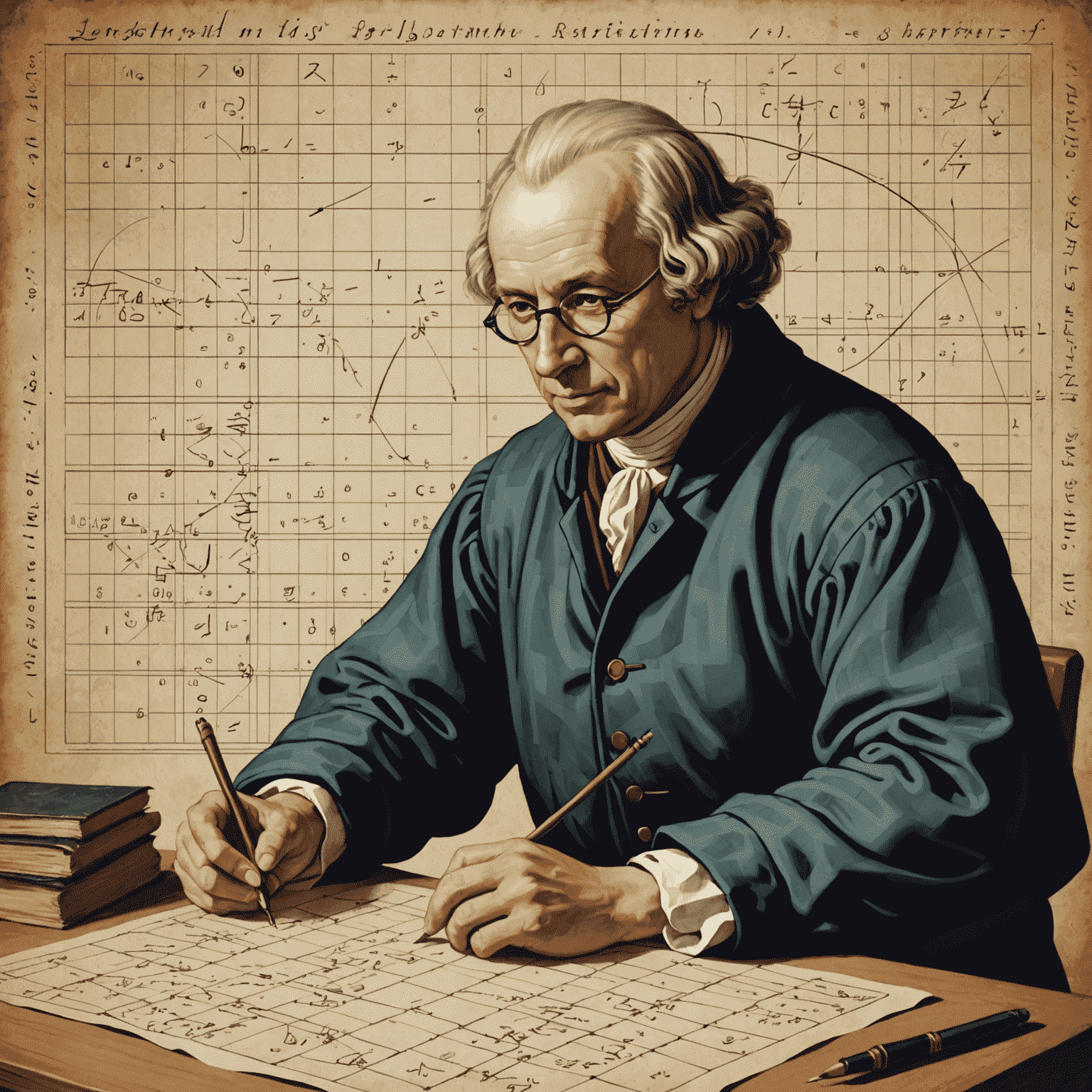The History of Sudoku: From Ancient China to Modern France

Sudoku, the beloved number-placement puzzle that has captivated millions worldwide, has a rich history that spans centuries and continents. From its ancient roots to its modern-day popularity in France and beyond, let's explore the fascinating journey of this logic-based game.
Ancient Beginnings
The concept of Sudoku can be traced back to ancient China, where "magic squares" were first recorded during the 7th century BCE. These early puzzles involved arranging numbers in a grid so that each row, column, and diagonal would add up to the same sum.
The Latin Square
Fast forward to the 18th century, when Swiss mathematician Leonhard Euler developed the concept of Latin squares. These grids, filled with symbols or numbers without repetition in rows or columns, laid the groundwork for what would eventually become Sudoku.

Modern Sudoku Takes Shape
The puzzle as we know it today was created by Howard Garns, an American architect, in 1979. Initially called "Number Place," it was published in Dell Magazines. The game caught on in Japan in the 1980s, where it was given the name "Sudoku" - a contraction of the Japanese phrase "suuji wa dokushin ni kagiru," meaning "the numbers must be single."
Global Phenomenon
Sudoku's international breakthrough came in 2004 when Wayne Gould, a retired judge from Hong Kong, convinced The Times in London to publish the puzzle. From there, it spread rapidly across the globe, becoming a daily feature in newspapers worldwide and spawning countless books, websites, and mobile apps.
Sudoku in France
In France, Sudoku quickly gained popularity after its global resurgence. French puzzle enthusiasts embraced the game, with major newspapers like Le Monde and Le Figaro featuring Sudoku puzzles regularly. The logical nature of the game resonated well with the French appreciation for intellectual pursuits.

Today, Sudoku remains a beloved pastime in France, with numerous Sudoku clubs, competitions, and even Sudoku-themed cafés popping up across the country. The puzzle's popularity has contributed to a renewed interest in logic games and brain teasers, aligning perfectly with the French cultural emphasis on mental acuity and logical thinking.
Conclusion
From ancient Chinese magic squares to modern French cafés, Sudoku has come a long way. Its enduring popularity is a testament to the universal appeal of logic puzzles and the human desire for mental challenges. As we continue to solve these grids, we're not just filling in numbers – we're participating in a rich tradition that spans cultures and centuries.